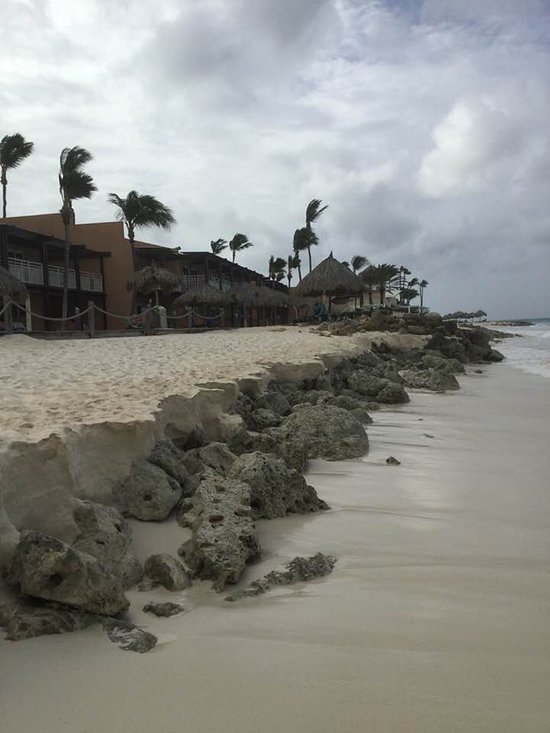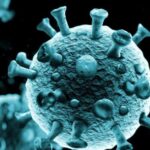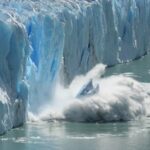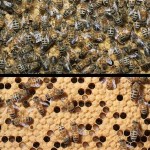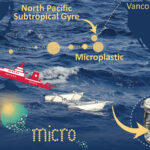When my wife’s cellphone displayed a three-year-old reminder of where we were back then it was of the place where we are today, in Aruba. We are staying at the same resort but how the environment has changed in three years. The reason, changing weather patterns. The cause is climate change.
The resort which we have gone to twice before features a shoreline that goes for more than 1.5 kilometres (almost a mile), at least that’s what my Google app showed me after we walked the property a few nights ago.
What we saw on that moonlight walk with a near-full Moon and Mars hovering to the east, was a shoreline dramatically altered by the encroaching Caribbean Sea. Aruba this year has experienced a sequence of tropical depressions, the last one in early October. The result is a rearrangement of the coastline.
As we sit on our terrace a few feet from a boardwalk and seawall, the waves are crashing against an artificial barrier of boulders piled high along the shore. The concrete base of the seawall is exposed in many areas. Where there were small beaches, there is now only gravel, rock, broken concrete, and exposed pipes. We are no more than 50 metres (160 feet) from what was once a pier. Now all that remains are some pylons and poles sticking out of the water, home for pelicans to perch on as they watch for schools of fish to swim by. It is still beautiful, but it is very different.
On our way to dinner a few nights ago we got into a conversation with a family, who like us, have returned to the resort after a COVID-induced absence of several years. They told us that a friend was here in October when the tropical depression brought wind and rain, as well as coastal flooding to the island. They described how the sea scoured the shoreline of the hotel moving the sand up the coast several kilometres. That explains the current condition of the shoreline here.
Water leaped the seawall barrier and flooded a number of units at the end of the resort. Now they are replacing sand with permeable surfaces of gravel to allow for drainage should there be a recurrence.
On that aforementioned evening walk, we ran into a bicycle-riding security guard who shared his native experience with us. Originally from Jamaica, he told us that the problems being seen here in Aruba are consistent with other Caribbean islands where coastal erosion is being observed everywhere. Why?
- overbuilding on shorelines
- disappearance of mangroves
- destruction of offshore coral reefs
Climatologists can add to this ocean thermal expansion and other climate change causes for sea level rise.
Aruba doesn’t get hurricanes. It is far removed from the normal path of tropical depressions that first arise off Africa and transit the North Atlantic to arrive in the Caribbean as significant tropical depressions. But now, the island is seeing tropical depressions arising locally fed by warmer than normal ocean water.
A Postscript
When we came to Aruba my wife and I were wearing KN95 masks, were using sanitizer, purchased premium seats on the airplane with only the two of us in the row, and wiped down everything on the aircraft in our vicinity before settling in. At the Toronto airport, we stayed away from people. Very few were wearing masks. When we got to the Aruba airport almost no one had one.
The young man who helped us to get to our hotel transfer told us that COVID was pretty much over in Aruba. It sure seemed to be that way when we got to the hotel with both staff and guests largely unmasked. But we remained vigilant and only lowered our guard after a day or two. The masks came off.
Two nights ago, after a strenuous day of swimming and walking as we were getting back to our room I felt an overwhelming tiredness and stomach discomfort. I woke up in the middle of the night quite sick. In the morning I did a COVID rapid response test. Sure enough, after five shots that were administered to us over the last 18 months, and having suffered from the virus which damaged my heart back in 2020, I had it again.
I’m still testing positive on Day 3. We are confined to our hotel room. Our food is brought to our door and we feel like a rug has been pulled from under us. We are waiting for a doctor to call us. After wanting to go on this vacation to escape the COVID cocoon we have been in since March 2020, I’m just wondering now when we will be able to go home.

